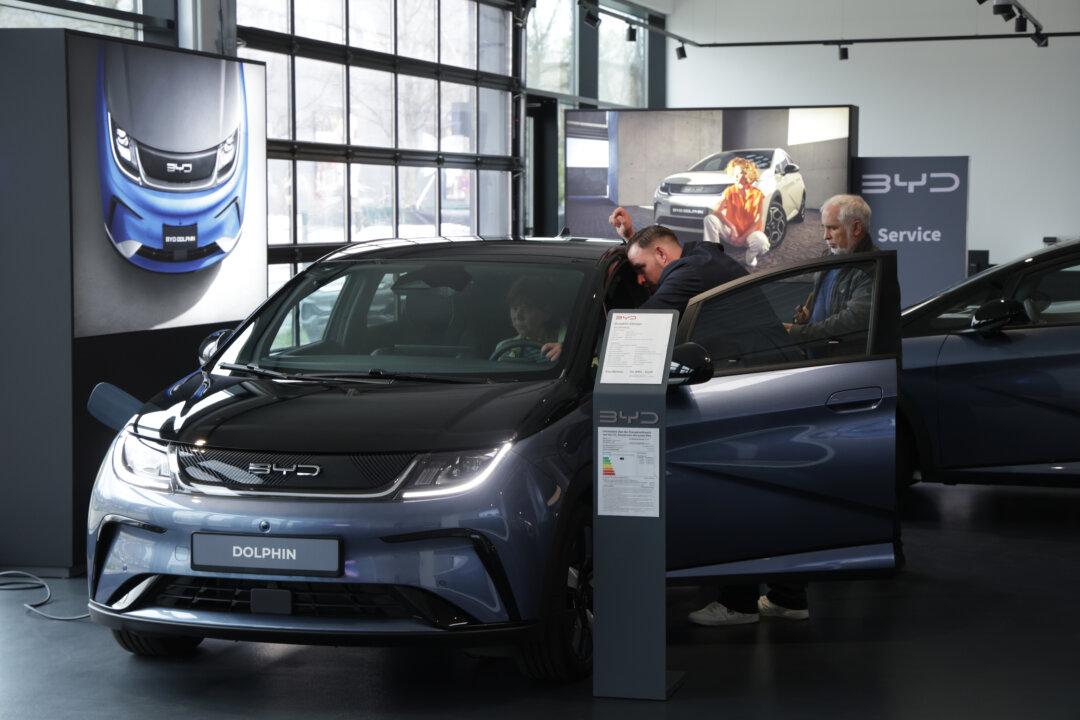Want to find out what information your internet-connected car is collecting about you and your passengers, and sending back to the overseas manufacturer—and possibly to third parties?
Some carmakers make it hard to find out. In one case, understanding the data policies required reading over 40,000 words spread across five documents.





